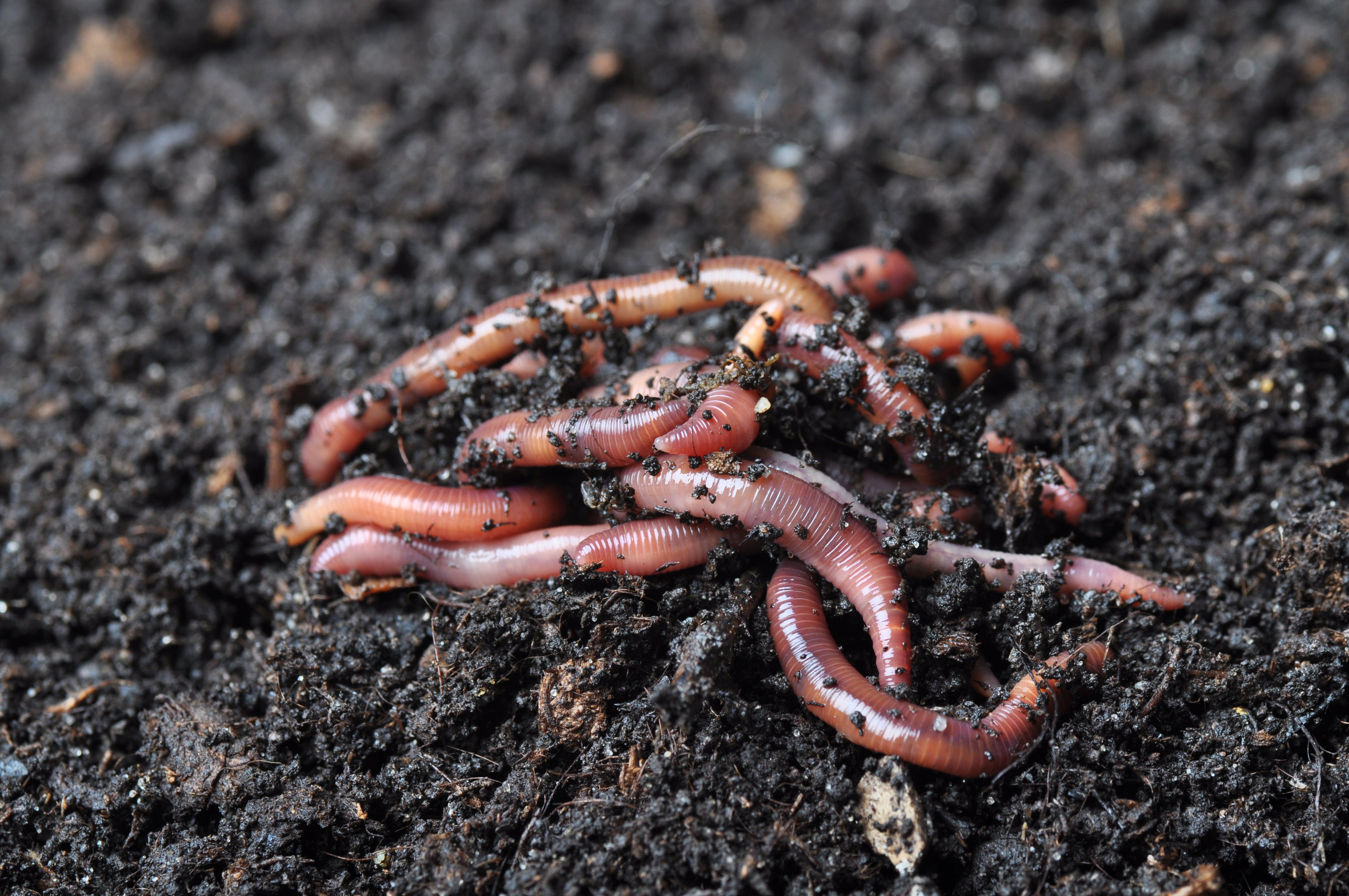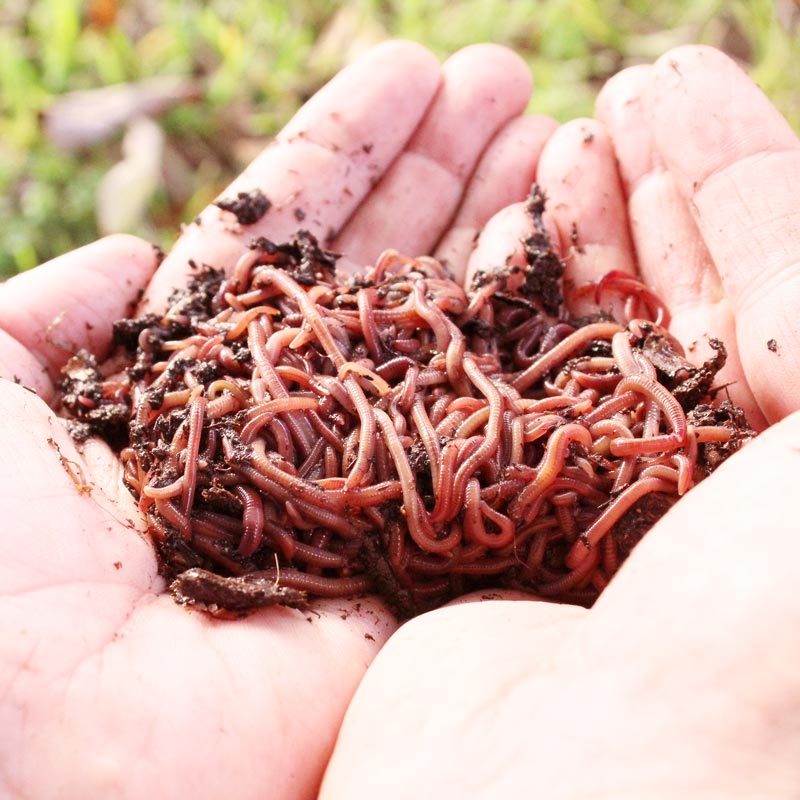Red Wiggler Express: A Trusted Name for Worms and Fishing Essentials
Red Wiggler Express: A Trusted Name for Worms and Fishing Essentials
Blog Article
Unlock the Tricks of Red Wigglers: Your Guide to Composting Success
The assimilation of red wigglers right into composting methods offers a significant chance for improving dirt health and promoting sustainability. Comprehending their requirements and habits is important for optimizing their capacity, from establishing up a proper worm bin to feeding them the right products.

What Are Red Wigglers?
(Red Wiggler Express)Red wigglers, clinically understood as Eisenia fetida, are a varieties of earthworm mainly made use of in composting as a result of their amazing capacity to decompose raw material successfully. These worms are characterized by their reddish-brown pigmentation and a fractional body, normally determining in between 3 to 4 inches in size. Unlike various other earthworm types, red wigglers prosper in rich, organic settings, making them perfect for vermicomposting systems.
Native to The United States And copyright, they are often found in decomposing fallen leaves and garden compost heaps, where they play an important function in nutrient recycling. Their adjustment to residing in a wet, cardiovascular setting allows them to eat big quantities of natural waste, simplifying into nutrient-rich spreadings that boost soil wellness.
Red wigglers recreate swiftly, with a solitary worm capable of creating a number of cocoons each week, each containing several hatchlings. Comprehending the biology and behavior of red wigglers is necessary for optimizing their capacity in composting applications.
Benefits of Utilizing Red Wigglers
Using the power of red wigglers in composting supplies countless advantages that improve soil wellness and advertise lasting waste management. These remarkable microorganisms effectively damage down organic matter, changing kitchen area scraps and backyard waste right into nutrient-rich vermicompost. This completed item is extremely beneficial for plant growth, as it enhances soil framework, enhances moisture retention, and improves nutrient schedule.

(Lake Hickory Bait)Furthermore, the existence of red wigglers in your composting system can speed up the composting procedure, producing high-grade compost in a portion of the time contrasted to standard techniques. The castings created by these worms are also including advantageous microbes that further improve the soil environment.
Establishing Your Worm Container
Developing an efficient worm bin is go an uncomplicated procedure that can substantially improve your composting initiatives. The very first step is picking an ideal container. Worm bins can be made from plastic storage space containers, wooden boxes, or commercially available worm containers. Ensure the bin has ample drain and air flow holes to preserve ideal moisture degrees and air movement.
Next, prepare the bed linen product, which offers as the worms' environment. A mix of shredded newspaper, cardboard, and coconut coir functions well, supplying a comfortable atmosphere for the worms.

Feeding Your Red Wigglers
To make sure the wellness and productivity of your red wigglers, it is vital to give them with a well balanced diet plan that satisfies their dietary requirements. Red wigglers thrive on a varied selection of natural materials, which not only provide necessary nutrients yet additionally promote efficient composting.
Beginning by incorporating kitchen area scraps such as veggie peels, fruit cores, and coffee grounds. Stay clear of citrus fruits, onions, and garlic, as these can be detrimental to worm health and wellness. In addition, introduce shredded paper, cardboard, and completely dry leaves to develop a well-aerated atmosphere.
Feeding frequency need to be monitored; normally, worms can take in half their body weight in food weekly. It is critical to avoid overfeeding, as excess food can result in undesirable odors and bring in parasites. A good technique is to include food in small quantities, allowing worms to process it prior to presenting a lot more.
Maintaining wetness degrees is also crucial; the bed linen ought to be wet yet not soggy. Lastly, make certain to frequently examine the temperature level and pH degrees of the bin to make sure an ideal environment for your red wigglers, ultimately improving their composting performance.
Harvesting and Making Use Of Compost
A successful composting process with red wigglers culminates in the rich, dark compost called vermicompost, which can significantly boost dirt health and wellness and plant growth. Collecting this nutrient-dense material usually happens every 3 to 6 months, depending upon the size of your system and the amount of organic matter being processed.
To gather, carefully different the garden compost from the worms and any type of undecomposed products. One effective approach entails moving the contents of the bin to one side and adding fresh bed linen and food to the empty space, urging the worms to move. After a few days, the garden compost can be gathered from the opposite side.
It is important to make use of vermicompost properly to maximize its benefits. By including vermicompost right into your horticulture regimen, you not only reuse natural waste yet also create a flourishing environment that sustains lasting gardening methods.
Final Thought
In recap, red wigglers offer as outstanding allies in composting efforts, changing natural waste right into nutrient-rich vermicompost. By understanding the optimal problems for their environment, feeding demands, and compost harvesting techniques, gardeners can enhance soil health and advertise plant vigor.
Report this page